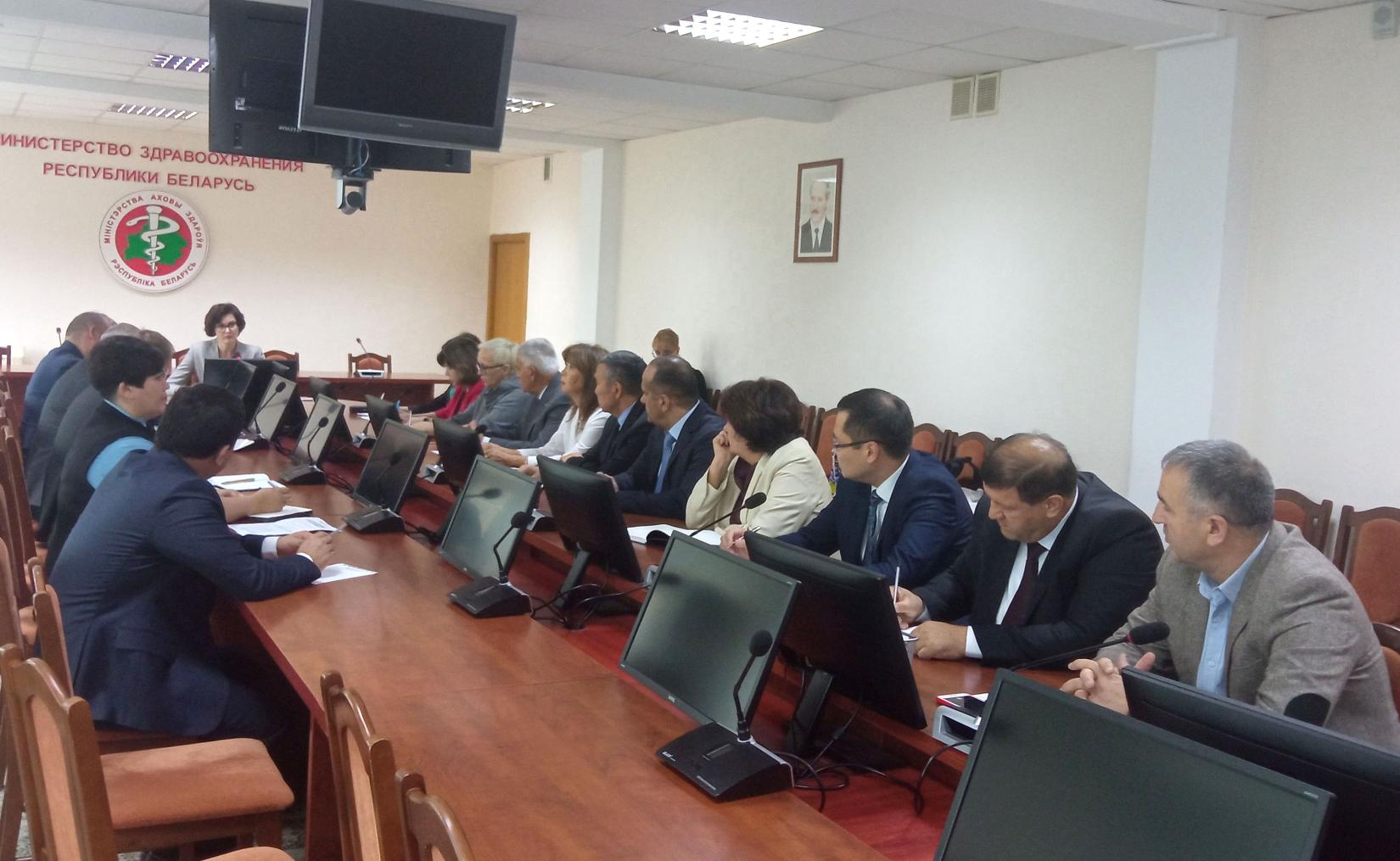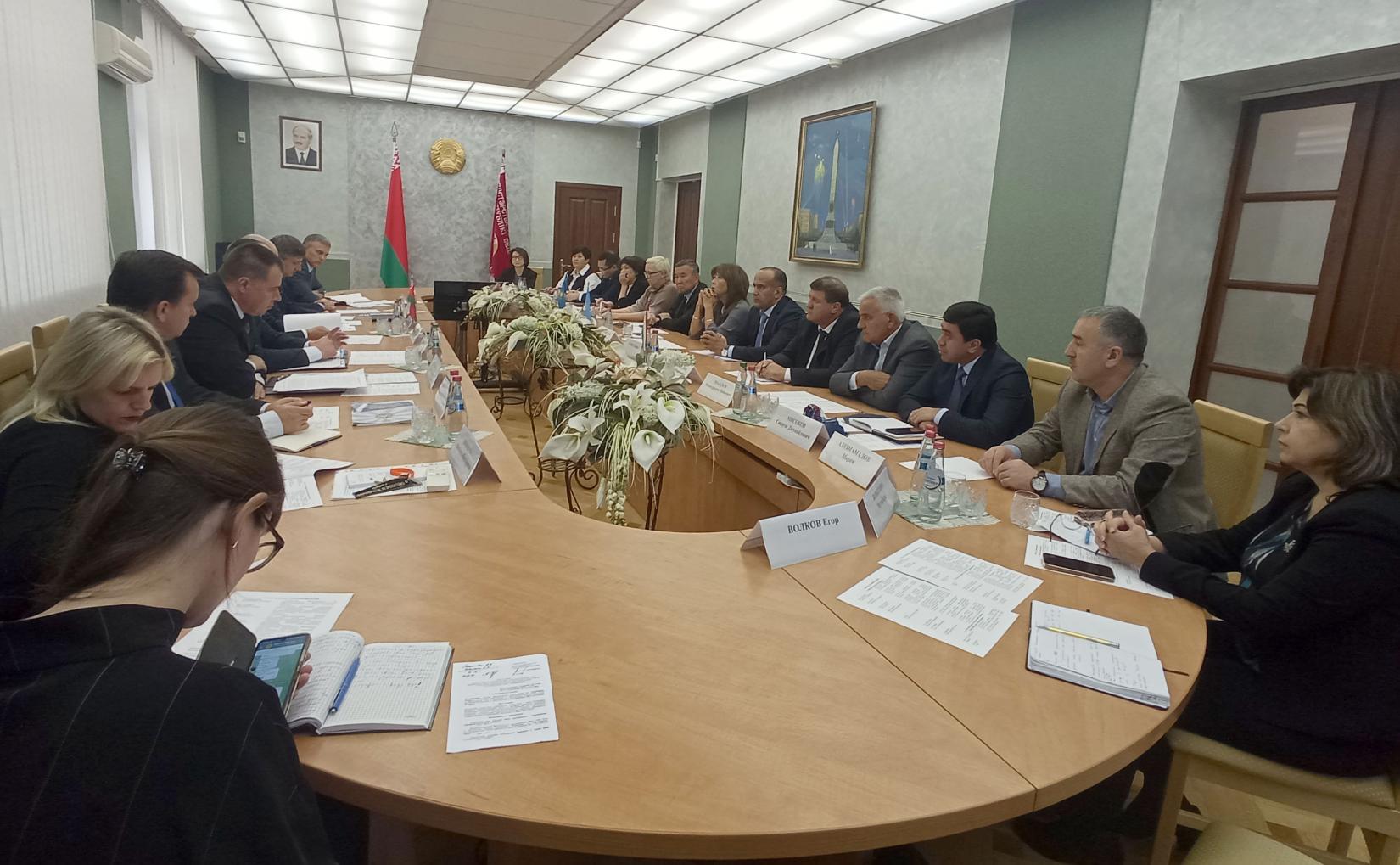Belarus hosts international study tour of experts from Kazakhstan and Tajikistan to learn about treatment of drug dependencies
14 September 2022
- In the week of 12 September 2022, the Joint UN Team on AIDS in Belarus is hosting an official visit of high-level delegations from Kazakhstan and Tajikistan, including heads of health department, vice minister of interior, and heads of drug control agencies and civil society leaders.
The study tour was requested by the governments of the countries and is supported by UNODC in close cooperation with WHO.

The aim of the visit is to learn about how Belarus is developing the multisectoral approach and interagency cooperation (health, law enforcement, community) in support of evidence-based drug treatment, particularly Opioid Maintenance Therapy (OMT) and HIV prevention and care services.

Drug demand reduction, prevention of HIV/AIDS, harm reduction and rehabilitation of people using drugs have been an ongoing joint priority of the United Nations in Belarus for many years. In 2021, for the first time in about 10 years, an Assessment of National Drug Policy of Belarus was completed as a joint exercise of the national and international experts.
The purpose of the comprehensive study was to examine the criminological and social and medical factors that influence the drug situation and drug use and to suggest effective, human rights-based adaptation of drug policy. Conclusions and recommendations of the study call to proportionate response in the national drug policy, to differentiate the approaches to individual possession of small amounts of drugs, versus punishment of criminal large scale drug trafficking.
Drug dependency and other related to drug use disorders are not a crime and opioid substitution treatment is one of the range of tools that allow people to live a more healthy and productive life.
The Assessment of the National Drug Policy of Belarus in Russian is available at the UN in Belarus website.
Moving forward, focusing on the problem of juvenile justice, in October, UNODC will organize an interagency technical meeting on alternative measures of punishment for people who use drugs. Also, OMT advocacy round tables with Ministry of Interior, Ministry of Health and NGOs will be held in Mogilev, Brest, Minsk, Gomel and Grodno in September and October this year.
For more information contact Dr. Yahor Volkau, UNODC National Consultant yahor.volkau@un.org.




